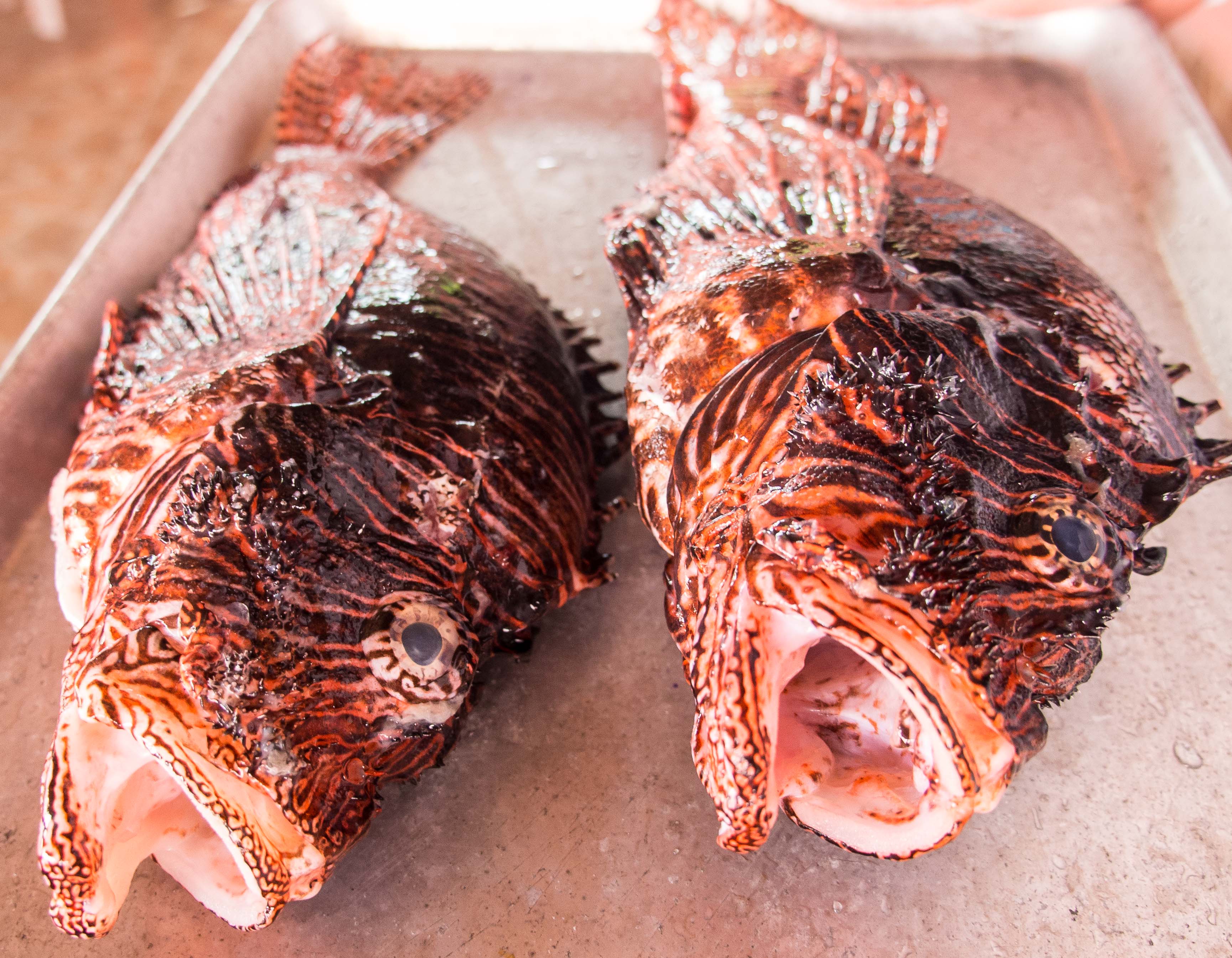News
During the two-week training, instructors from CSF, Oregon State University, the University of Brasilia, and Cambridge Resources International led an intensive schedule of lectures, exercises, and games to give participants insight into the economic drivers of environmental problems and the economic and policy tools that can lead to effective solutions. Topics included Microeconomics, Natural Resource Economics, Environmental Policy and Valuation, and Cost-Benefit Analysis. Each participant came away with a clear understanding of how these topics relate to their work in conservation, policy, and analysis.
Conservation Strategy Fund is pleased to announce the next webinar in our Conservation Economics Initiative series. Presented in partnership with the Marine Ecosystem Services Partnership (MESP) at Duke University, "An Economic Instrument for Coral Reefs" is coming up on Wednesday, October 22nd at 11:00am EDT (10:00am CDT, 8:00am PDT, 5:00pm CET).
CSF presenta las primeras dos publicaciones del programa Investigaciones Económicas Aplicadas para la Conservación en la Amazonía Andina, puedes descargarlas aqui:
John Reid, CSF President, and Mariano Castro, Deputy Minister of Environmental Management. Photo courtesy of MINAM; http://www.minam.gob.pe
Lima, Peru -- This morning, CSF President John Reid signed an agreement with Peru's Ministry of Environment (MINAM) to continue work on environmental compensation in Amazonian ecosystems. At least two case studies will be conducted.
The 2014 Brazil Economic Tools for Conservation course was held July 28 and August 8, 2014 at the Serra do Cipo, Minas Gerais.
CSF's Economic Tools for Conservation, a well known and renowned course among conservation professionals around the world, provides participants with skills in economic analysis on which to build more efficient and effective strategies for environmental conservation.
Lionfish ready for the pan at Cozumel Fishermen's Coop © John Reid
In 1992 Hurricane Andrew liberated a tankful of lionfish from a Florida aquarium. More may have been dumped in the sea before then and after, but the event stuck in the collective imagination as the start of a biological invasion.
Entre os dias 22 e 25 de julho de 2014 a CSF em conjunto com a GIZ (Agência Alemã de Cooperação Internacional) realizaram em Brasília o Curso de Capacitação TEEB/ISE: Integração de serviços ecossistêmicos ao planejamento para o desenvolvimento. Esta capacitação foi desenvolvida pela GIZ e tem como objetivo desenvolver capacidades sobre a Economia dos Ecossistemas e da Biodiversidade e a integração de serviços ecossistêmicos a processos de planejamento por meio da(o):
• Introdução de conceitos relacionados aos serviços ecossistêmicos e à abordagem da Economia dos Ecossistemas e da Biodiversidade (TEEB);
From left to right: Laura Rodríguez, Eglé Flores, Eduardo Ponce Guevara, Ángela Mojica
and CSF's Cecilia Ayala. © Eduardo Ponce Guevara
It all began with four course graduates from CSF's International Training Course, held annually at Stanford University: Eduardo Ponce Guevara, Eglé Flores, Ángela Mojica and Laura Rodríguez. These alumni, all from Mexico and the surrounding area, dreamed of bringing the Economic Tools for Conservation Course back home to be conducted in Spanish for their colleagues.

